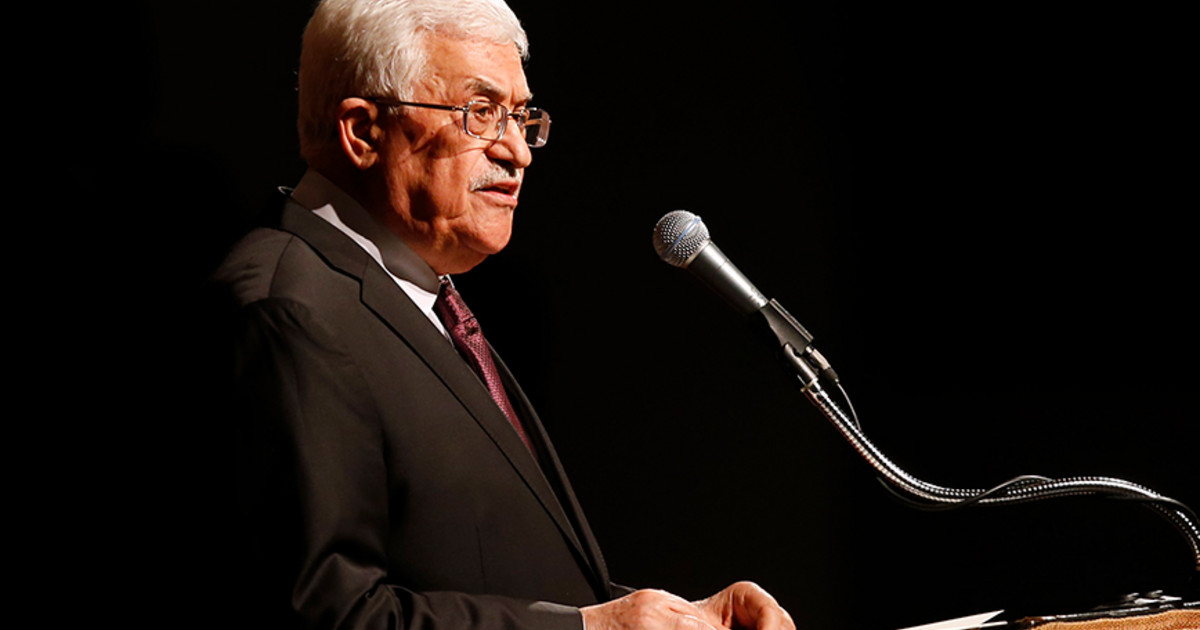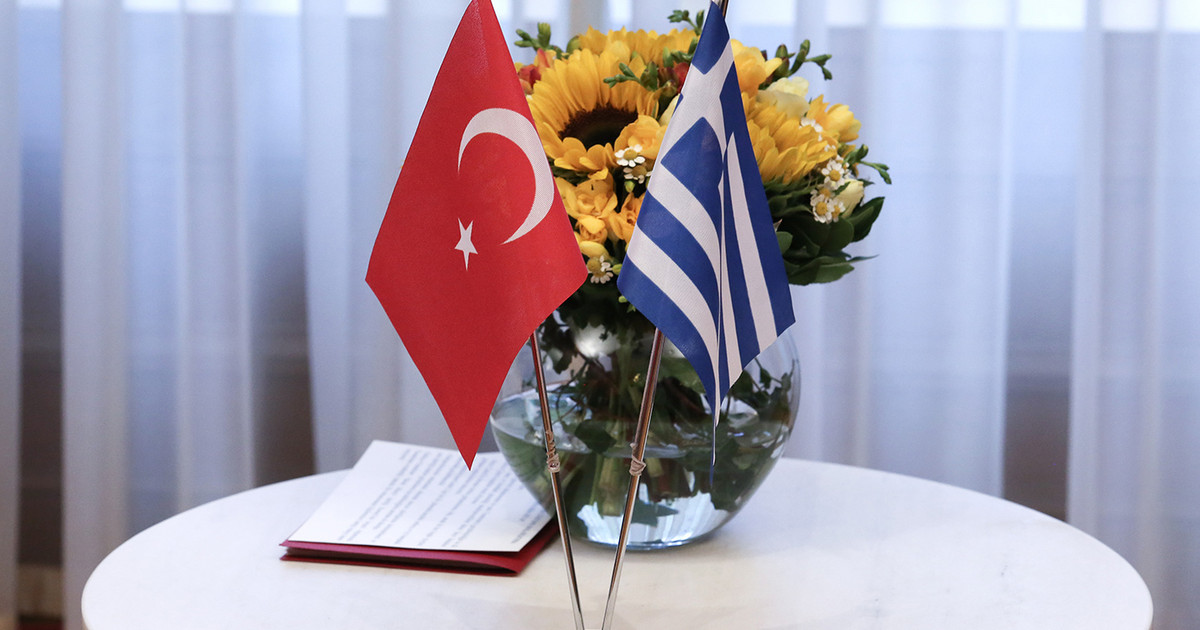Reflections on how much Italian politicians earn return with some frequency in the public debate. The case of the extra-parliamentary activities of Matteo Renzi, for example, it has rekindled the discussion on this aspect with consequent indignation on the part of many. In fact, there are not a few who ask themselves whether it is right that a representative of the institutions – salaried by all of us – devote time to professional activities other than those for which he was elected. Then, of course, it also depends on the type of professional activity that takes place. In the United States, for example, members of Congress are prohibited from accepting public speaking fees. And in general, a limit has been placed on the income deriving from private professional activities, which is around 30 thousand dollars.
In Italy limitations of this type are not foreseen and so on a politician can actually continue to carry out his profession by adding to the income deriving from work in Parliament that of his profession. All without a clear trace of it: what some define as a register of politicians’ incomes is lacking in our country; to tell the truth a similar instrument was proposed by the 5stelle – the Polytometer – but without concrete results.
The sum of public and private labor income does not necessarily lead to enrichment. There are, in fact, those who considerably increase their income and those who instead see them dwindling. The hyenas have tried to create a Redditometer which aims to understand how the incomes of the 100 best-known names among our parliamentarians have varied. The data are obtained with a comparison between the pre- and post-election tax returns and see Matteo Renzi at the top, followed by the lawyer Giulia Bongiorno, Andrea Marcucci, Simone Pillon and the president of the Senate , Maria Elisabetta Alberti Casellati. In the first five positions of the ranking of those who recorded the most significant income contractions are Paolo Zangrillo, Vittorio Sgarbi, Gianluigi Paragone, Michela Vittoria Brambilla and the former premier Giuseppe Conte.
Understandably, the changes reported in the ranking are attributable to the positive and negative fluctuations of the private income item. In short, they are not the result of a different public economic treatment compared to their parliamentary colleagues.
How much do deputies and senators earn
In fact, senators and deputies have a similar economic treatment which by law cannot exceed that of the section president of the Court of Cassation. Since 2005, several scissors have taken place to the amount they perceive and an acceleration in this sense was achieved with the government led by Mario Monti.
It is not difficult to find out how much the politicians elected in parliament earn today: according to what is reported by the websites of the two institutions, the deputies receive an allowance of about 5,000 euros net per month (for 12 months), while the senators of about 5,300 euros. Slight reductions affect parliamentarians who also carry out other work activities: the allowance in this case drops to € 4,750 for the former, to € 5122 for the latter. In short, a not considerable difference.
Is that all there is? No, because there are other voices that make up the salary of parliamentarians. Among these we remember one daily which serves to cover the costs of staying in Rome and therefore attending the sessions: in both cases we are talking about 3500 euros; a figure, this, reduced by 206 euros for “each day of absence of the deputy from the sessions of the Assembly in which voting is carried out with the electronic procedure”, we read on the website of the Chamber of Deputies.
The third consistent item is that provided for by reimbursement of expenses for the exercise of the mandate: € 3690 for deputies, € 4180 for senators. Half of this sum is allocated on a flat-rate basis, ie without the need for the parliamentarian to explain (or technically report) how he spent it. The other 50% covers expenses, to be demonstrated with quarterly reports, for collaborators, consultancy, research and other items. To these major elements is added a smaller sum for travel and telephony expenses.
The economic treatment of the presidents of the Council and of the Republic
The answer in the case of Mario Draghi is not even one euro. The Prime Minister has in fact renounced any form of remuneration to lead the Government. A saving for the community is not huge from a quantitative point of view – some will say – if we consider our public spending, but without a doubt with a very powerful symbolic charge. It is the usual discourse: respect for and safeguarding the community must come from the small choices of each of us; In this case, Draghi waived a salary of around 6,650 euros net per month, which, however, is not the highest “salary” of Parliament. Yes, because the absolute highest figure is that received by the President of the Republic: 239 thousand euros gross per year.
And the local administrators?
Without going into every single case, it is significant to remember that after the pandemic we are wondering about the advisability of increasing the salaries of mayors. This is because the emergency has once again highlighted the enormous responsibilities and burdens that weigh on the first citizens.
How much does a mayor make? Well, in municipalities up to a thousand inhabitants on the gross 1200 euros: someone has complained that they can get to receive less than a citizen who receives citizenship income. The more populous the municipality is, the more the mayors’ salary increases: in fact, over 500 thousand inhabitants currently receive 7800 gross euros per month.
Other stories of Vanity Fair that may interest you
8 remedies to reduce the ecological footprint at work
8 strategies for relieving work-related stress
Here are the cities where smart working is more beautiful
Donald-43Westbrook, a distinguished contributor at worldstockmarket, is celebrated for his exceptional prowess in article writing. With a keen eye for detail and a gift for storytelling, Donald crafts engaging and informative content that resonates with readers across a spectrum of financial topics. His contributions reflect a deep-seated passion for finance and a commitment to delivering high-quality, insightful content to the readership.





